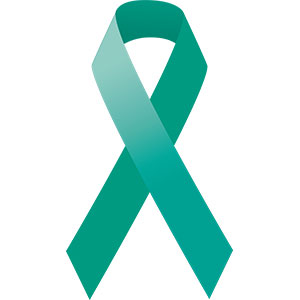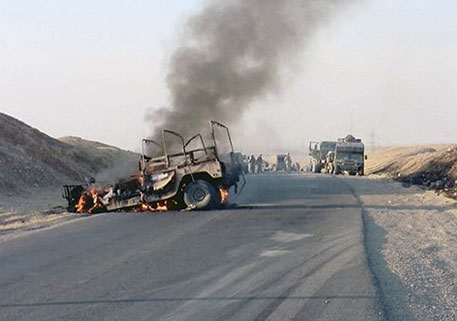 Roughly a quarter of women in the military report that they have experienced some form of sexual harassment during their service, and 1 in 16 report that they have experienced sexual assault, according to a 2021 RAND research report.
Roughly a quarter of women in the military report that they have experienced some form of sexual harassment during their service, and 1 in 16 report that they have experienced sexual assault, according to a 2021 RAND research report.
Beyond the immediate physical and psychological impacts of military sexual trauma (MST), new joint study conducted by researchers at the Department of Veterans Affairs and the Dell Medical School at the University of Texas is also pointing to the long-term effects on women veterans who go on to become mothers. In many cases, a history of MST appears to be leading to higher rates of depression during pregnancy and after birth, as well as poorer bonding between mother and child.
“The spotlight on MST and its downstream impacts on veterans and their families is crucial,” said National Legislative Director Joy Ilem. “Coupled with a number of other reports, it’s also bringing into sharp focus the fact that the system for addressing MST within the VA claims process is in dire need of reform so veterans can get the help they need at every stage.”
Over the past several years, the VA Office of Inspector General (OIG) and Government Accountability Office (GAO) have issued a series of reports detailing mishandling of veterans’ MST claims that have resulted in improper denials for related conditions. In a 2021 report, the OIG estimated that, based on a sample from Oct. 1 to Dec. 31, 2019, about 57% of denied claims related to MST were not processed correctly—which was even higher than the 49% rate noted in an August 2018 report. The 2021 report also noted a series of recommendations made to the Veterans Benefits Administration (VBA) to improve the accuracy and timeliness of MST-related claims processing, which the department has failed to implement.
DAV testified at three hearings in 2021 that either focused specifically on the claims process for MST-related conditions or highlighted legislation to reform it, including the Servicemembers and Veterans Empowerment Act introduced in both the Senate (S. 3025) and House (H.R. 5666) in October.
The bipartisan legislation is a compilation of provisions to help ensure veterans do not face unnecessary hardships in filing claims and that they have adequate awareness of and access to the care and services they need for conditions related to trauma.
“A number of the recommendations DAV made at hearings over the past year we see reflected in the Servicemembers and Veterans Empowerment Act,” said Ilem. “We appreciate that Congress is really paying attention to veterans advocates and those impacted by MST and incorporating that feedback into legislation.”
Among other changes, the legislation would codify evidentiary standards within the review process, improve outreach and communication with veterans regarding the claims process and available health resources for MST, require studies on the VBA’s training and procedures for MST-related claims, and authorize the study and expansion of access to counseling and treatment services.
A second bill, H.R. 2724—the VA Peer Support Enhancement for MST Survivors Act—would ensure that veterans who file claims related to military sexual assault would be assigned a peer support specialist throughout the duration of the claims process, should they want one.
“Peer support specialists have proven to be a valuable asset to veteran patients in various applications across VA’s health care system, but no comparable system exists within VBA,” said Ilem. “We believe employing this support assistance to MST survivors during the claims process could serve to create a less stressful and more personalized experience for veterans in these extremely difficult circumstances.”
In accordance with the 2018 GAO report that cited a lack of specialization as one reason for improper denials, the VBA centralized MST-related claims processing in May 2021 by limiting the number of regional offices handling these cases. Now, all MST cases route through five locations, with an aim to enhance efficiency, accuracy and timeliness and to increase the expertise of employees handling these unique claims.






